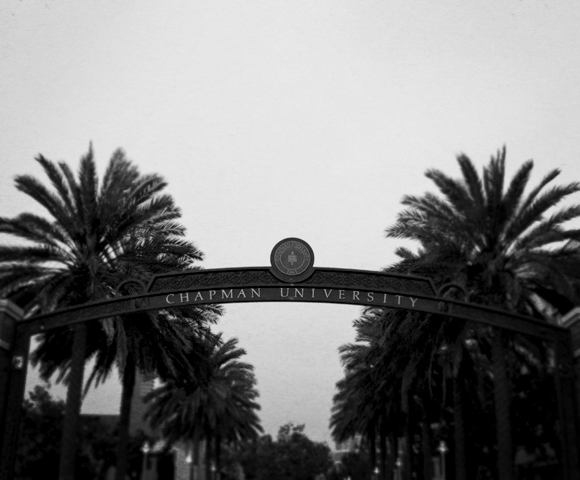The IFREE/ESI Lecture Series Presents Cary Deck, Ph.D. – “Contests with Multiple Targets”
Mar. 22, Cary Deck, Ph.D. – Contests with Multiple Targets Bio: Dr. Cary Deck is a professor of economics in the Sam M. Walton College of Business at the University of Arkansas where he is also the Director of the Behavioral Business Research Laboratory. His research uses controlled laboratory experiments to investigate


